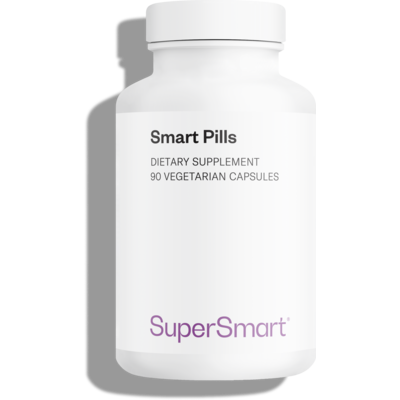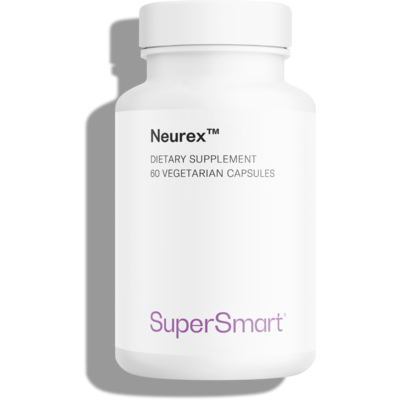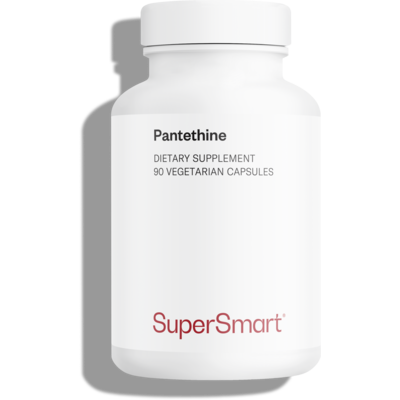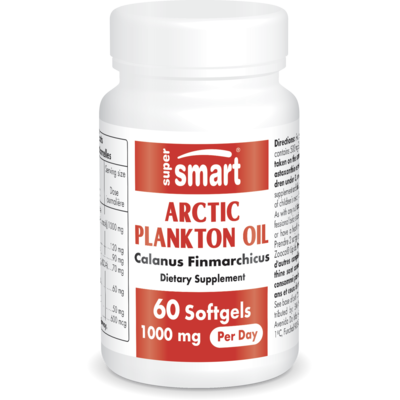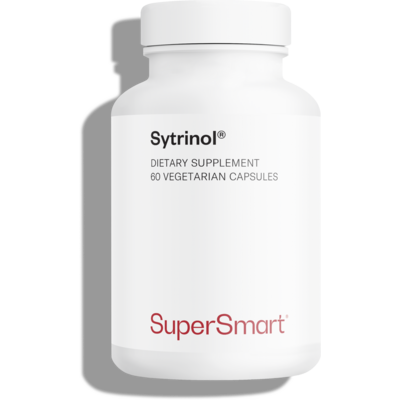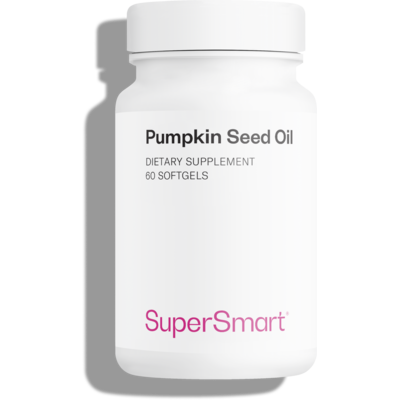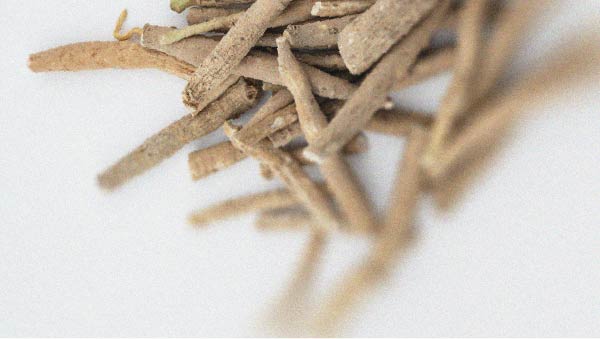Saturated fatty acids: good or bad for your health?
For 60 years, Western health authorities have recommended reducing our consumption of saturated fats. But what does current scientific research have to say about their actual effects on health?
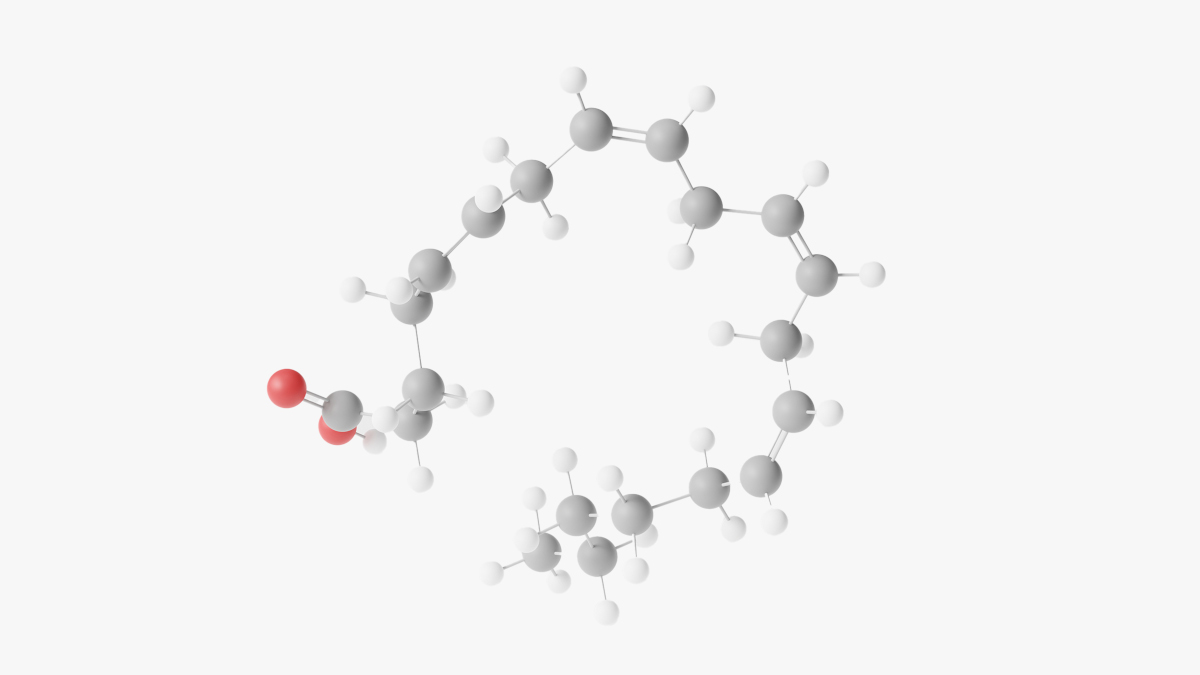
Saturated and unsaturated fatty acids: an overview of lipids
Saturated fatty acids: definition
Fatty acids are part of the family of lipids. They are formed from a chain of carbon atoms attached to hydrogen atoms, completed by a carboxylic acid group (-COOH).
In chemical terms, a fatty acid is referred to as saturated if it has the maximum number of hydrogen atoms attached to every carbon atom, in other words, if it is saturated with hydrogen atoms (1).
That’s what makes a saturated fatty acid different from an unsaturated one; the latter is not saturated in hydrogen because of the presence of carbon-carbon double bonds in its structure.
Fatty acids that only contain one carbon-carbon double bond are known as monounsaturated; those containing several are polyunsaturated.
Which foods contain saturated fatty acids?
Though not considered essential because the body can synthesize them, saturated fatty acids are nevertheless necessary for health and are found in their natural state in a wide range of foods (2).
They are present at low levels, for example, in sunflower and olive oils (around 10%-13%), and make almost all the fatty acids in coconut oil.
However, it’s primarily in animal-source products, specifically animal fats, where we find saturated fatty acids. They represent 20%-35% of the lipids in fish and poultry, and 30%-45% of those in pork and beef. Lard, for example, obtained from the fatty tissue of pigs, is known to contain a high proportion of saturated fats.
Dairy products (butter, cheese …) contain 60%-65% saturated fatty acids, because cow’s milk (like human breast milk) contains a significant proportion of saturated fatty acids. (3).
Unsaturated fatty acids: dietary sources
Unsaturated fatty acids are predominantly found in nuts and oilseeds (walnuts, peanuts, sesame seeds, etc.), soya, vegetable oils other than coconut and palm oil, as well as oily fish (salmon, sardines, mackerel, etc.) (4).
To capitalize on their health benefits, many people choose sources rich in omega-3 fatty acids, such as Calanus oil, a nutritional gem from the Arctic, rich in EPA and DHA which support healthy heart function. Pumpkin seed oil meanwhile, contains high levels of polyunsaturated fatty acids such as oleic and linoleic acids.
Saturated fatty acids: healthy or unhealthy?
Saturated fatty acids and cholesterol: different views on the effects
Since the 1960s, many studies have shown a correlation between consumption of saturated fatty acids and increased cholesterol levels, particularly the LDL form known as ‘bad cholesterol’ (5-6).
It has already been widely demonstrated that an increase in the proportion of LDL in total cholesterol, ie, that which also includes the HDL form, promotes the onset of cardiovascular disease (7).
However, this is still a controversial point. Other studies suggest that while saturated fatty acids do indeed increase levels of LDL cholesterol, they do the same to HDL levels. Hence the proportion of LDL cholesterol stays the same and it’s therefore possible that these fatty acids carry no risk to health (8).
What’s more, it seems that the increase in LDL (low-density lipoproteins) promoted by saturated fatty applies only to those with a large particle size, which are not associated with an elevated risk of cardiovascular disease. Thus, far from being unhealthy, dark chocolate - rich in saturated fatty acids - is good for cardiovascular health (9)!
That’s not to say, however, that you should feel free to eat as much saturated fat as you like. Foods high in saturated fat are more calorific and may promote weight gain, which is indeed a risk factor for cardiovascular disease, hence the importance of maintaining a good balance in your consumption of fats. After all, we know that Mediterranean and Asian diets offer proven health benefits.
Further studies are needed to test these various theories. It’s also worth noting that black garlic is recognized as an effective natural remedy for combatting cholesterol and promoting good cardiovascular health (it can be found in the supplement Organic ABG10+, standardized to 0.1% S-allyl-cysteine, the active ingredient in black garlic). Some people also choose to take vitamin B5 (especially in its patented form Pantethine) or statin substitutes (such as Sytrinol).
Saturated fatty acids and concentration
On the ‘minus’ side, several studies have consistently shown that there are immediate effects from consuming saturated fatty acids on concentration, reaction times and function of the mesocorticolimbic system (10-11).
Not only does a diet high in saturated fatty acidsimpair cognitive ability, but it also significantly diminishes mesocorticolimbic function, causing the brain to compensate, and reinforcing reward-seeking behavior. Researchers have concluded that a diet high in saturated fatty acids harms the brain circuits directly related to mood disorders, substance abuse, and over-eating.
It’s therefore not quite for the reasons cited over the last 60 years that we should reduce our consumption of saturated fatty acids, but more particularly, for maintaining brain health and positive mood.
As well as monitoring your diet, you also have the option of taking dietary supplements targeted at cognitive health and performance (such as Neurex and Smart Pills).
SuperSmart ADVICE
References
- RALSTON, A. W. et HOERR, C. W. The solubilities of the normal saturated fatty acids. The Journal of Organic Chemistry, 1942, vol. 7, no 6, p. 546-555.
- LIST, G. R. Decreasing trans and saturated fatty acid content in food oils.
- MARKIEWICZ-KĘSZYCKA, Maria, CZYŻAK-RUNOWSKA, Grażyna, LIPIŃSKA, Paulina, et al.Fatty acid profile of milk-a review. Journal of Veterinary Research, 2013, vol. 57, no 2, p. 135-139.
- ROCHE, Helen M. Unsaturated fatty acids. Proceedings of the Nutrition Society, 1999, vol. 58, no 2, p. 397-401.
- BRIGGS, Michelle A., PETERSEN, Kristina S., et KRIS-ETHERTON, Penny M. Saturated fatty acids and cardiovascular disease: replacements for saturated fat to reduce cardiovascular risk. In : Healthcare. MDPI, 2017. p. 29.
- HUNTER, J. Edward, ZHANG, Jun, et KRIS-ETHERTON, Penny M. Cardiovascular disease risk of dietary stearic acid compared with trans, other saturated, and unsaturated fatty acids: a systematic review. The American journal of clinical nutrition, 2010, vol. 91, no 1, p. 46-63.
- CROMWELL, William C., OTVOS, James D., KEYES, Michelle J., et al.LDL particle number and risk of future cardiovascular disease in the Framingham Offspring Study—implications for LDL management. Journal of clinical lipidology, 2007, vol. 1, no 6, p. 583-592.
- SIRI-TARINO, Patty W., SUN, Qi, HU, Frank B., et al.Meta-analysis of prospective cohort studies evaluating the association of saturated fat with cardiovascular disease. The American journal of clinical nutrition, 2010, vol. 91, no 3, p. 535-546.
- HIRAYAMA, Satoshi et MIIDA, Takashi. Small dense LDL: an emerging risk factor for cardiovascular disease. Clinica Chimica Acta, 2012, vol. 414, p. 215-224.
- MADISON, Annelise A., BELURY, Martha A., ANDRIDGE, Rebecca, et al.Afternoon distraction: a high-saturated-fat meal and endotoxemia impact postmeal attention in a randomized crossover trial. The American Journal of Clinical Nutrition, 2020, vol. 111, no 6, p. 1150-1158.
Keywords
1 Days
First bottle has been finished
First bottle has been finished. 2 bottles remaining for 3 month time frame trial as recommended
CORCORAN Pamela
6 Days
repeat customer
recommended by my doctor. easy to create an account. Discounts and specials are appreciated. packaging and delivery is dependable. Capsules easy to digest. I've had some some capsules and tablets that are broken inside their bottles.
Kokee
11 Days
Order was shipped on time and packaged…Wonderful Jobs!
Order was shipped on time and packaged excellently.
DMHoge
17 Days
great products and prices
great products and prices
Marie
23 Days
Easy to navigate site
Easy to navigate site, had what I was searching for, good price. easy order-check out
James Tucker
29 Days
My skin is clearing up nicely!
Pretty good for my skin so far.
Christian
31 Days
The new packaging is excellent
The new packaging is excellent - finally! No more squashed boxes and torn envelopes.
GORAN
32 Days
Great Product
Great Product
Larry Garrett
36 Days
Quick shipping
Quick shipping; good price. No issues!
Mary McCarty
38 Days
Thr product is very good and is helping…
Thr product is very good and is helping me on my health. Then is always on time
LUGO Luz
40 Days
Buying was fine
Buying was fine. I had problems with the website not recognizing my login info, and had to call to get it fixed. Other than that, everything was good.
David S. Clark
40 Days
Your super maca and super ginseng are…phenomenal
Your super maca and super ginseng are phenomenal supplements that compliment each other when taking them together. Fantastic feeling of well-being and lots of mid day energy without the crash.
Keith Mason
43 Days
I have had amazing results with every…
I have had amazing results with every supplement I've purchased. I am extremely satisfied with this company
kirstin Torres
43 Days
Fine products
Fine products . They are on the leading edge of online supplements. The only issue -so far-is they sometime run out of subscription items.
Jason Argos
46 Days
The ordering process is very user…
The ordering process is very user friendly and the products always come in a timely manner.
CARTER Rhonda


